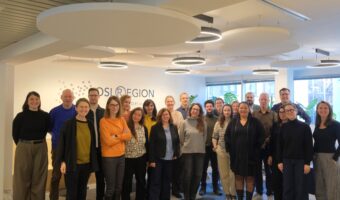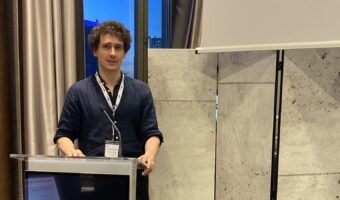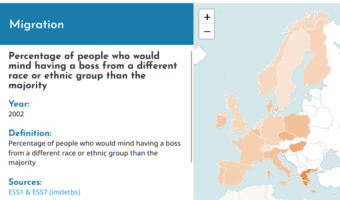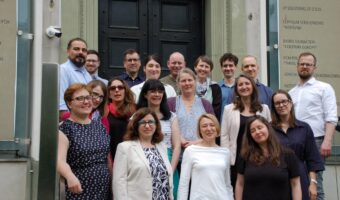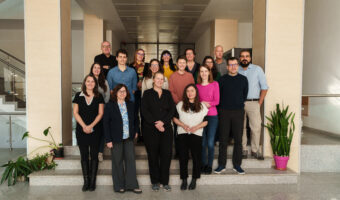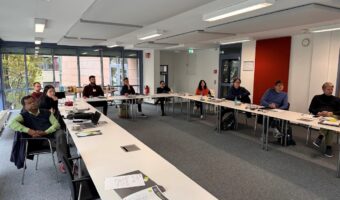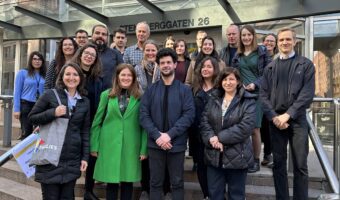The Paths2Include project aims to understand the different forms of discrimination in European labour markets and to increase the employment opportunities of people from vulnerable groups at risk of exclusion from the labour market.
As part of the project, we will analyse how interdependencies between various risk factors contribute to the vulnerability of particular groups of people to exclusion from the labour market. Paths2Include will also help to understand how the institutional context affects the professional activity of people at risk of exclusion. The research will focus on three main processes of the labour market: recruitment, professional development paths and exit from the labour market.
By vulnerable groups or groups with a problematic situation in the labour market, we mean, among others, those that may be subject to discrimination based on gender, ethnic origin, age, health, sexual orientation or social status. Despite numerous policies and actions, inequalities in employment opportunities, wages and access to social security faced by excluded people are still growing. There still needs to be more knowledge of how the broader social situation contributes to accumulating these difficulties. Therefore, the project’s main objective is to provide a cross-sectional view of the complexity of discrimination and exclusion factors to obtain premises for creating and developing inclusive labour markets. This is the guiding question that the project aims to answer: What actions in the social and institutional context can make labour markets more favourable to groups with the most challenging situation in the labour market?
We aim to explore these factors through three critical processes in the labour market: recruitment, retention and termination. To explore this, the project will apply comparative perspective methods at three levels (macro, meso and micro) and within and between European, national, regional and local contexts. Paths2Include will thus provide relevant information on effective practices promoting inclusion, employment, and decent working conditions for vulnerable groups.
We will also examine how the national context influences discrimination and identify discriminatory attitudes among employers and employment services concerning groups, particularly at risk of exclusion from the labour market in each country. Thus, we will deepen our knowledge of policies to reduce inequalities between groups working well in the labour market and those experiencing difficulties joining employment. In this way, Paths2Include is part of the efforts to implement the United Nations Sustainable Development Goals.
The project aims to provide new knowledge on best practices for integrating vulnerable people into European labour markets.
The Paths2Include project’s website
* * *
Project funded under Horizon Europe Framework Programme – Overcoming discrimination for an inclusive labour market (HORIZON-CL2-2022-TRANSFORMATIONS-01-06) under grant agreement 101094626.

- Contact:
-
Iga Magda iga.magda@ibs.org.pl
The project will be implemented by an interdisciplinary consortium of seven research institutions and one European civil society organization:
OsloMet Storbyuniversitetet
Université du Luxembourg
Universitatea din București
PIN – Polo Universitario Città di Prato
Universitat de Girona
Leibniz Universität Hannover
Instytut Badań Strukturalnych (IBS)
Confédération des organisations familiales de l’UE (COFACE)
